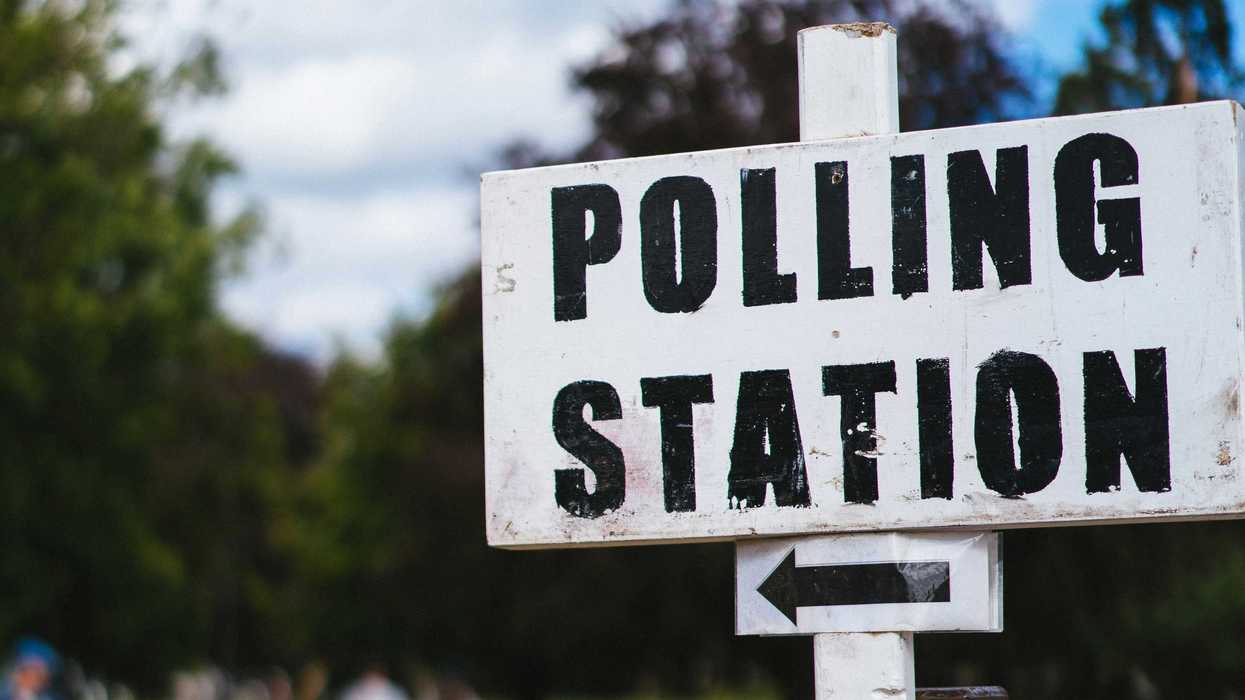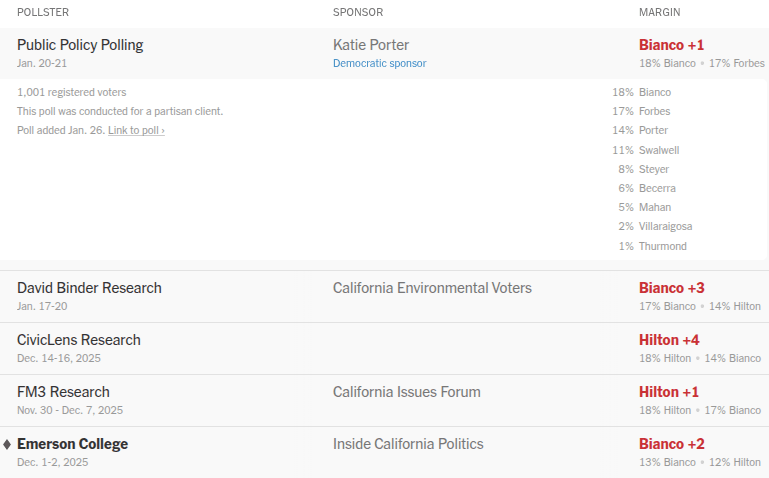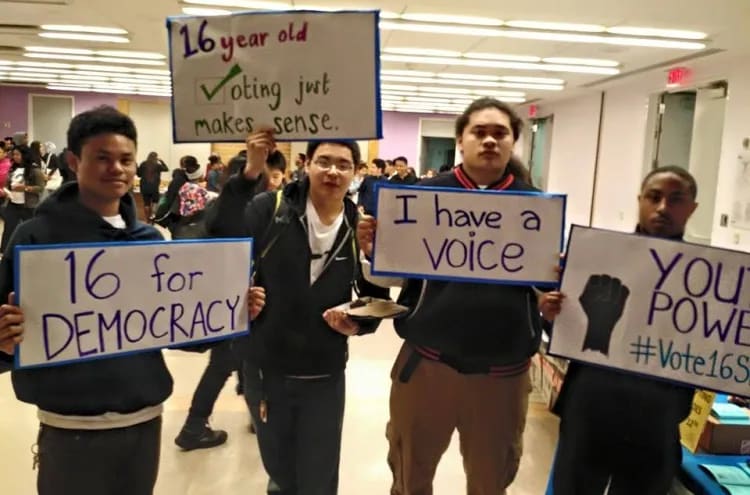On this episode of the How Do We Fix It podcast, Rob Richie from the nonprofit advocacy group FairVote discusses constructive changes to how candidates for public office are elected in the face of gerrymandering, low voter turnout, negative campaign ads, increased polarization and other challenges.
Podcast: Changing the way we vote






















